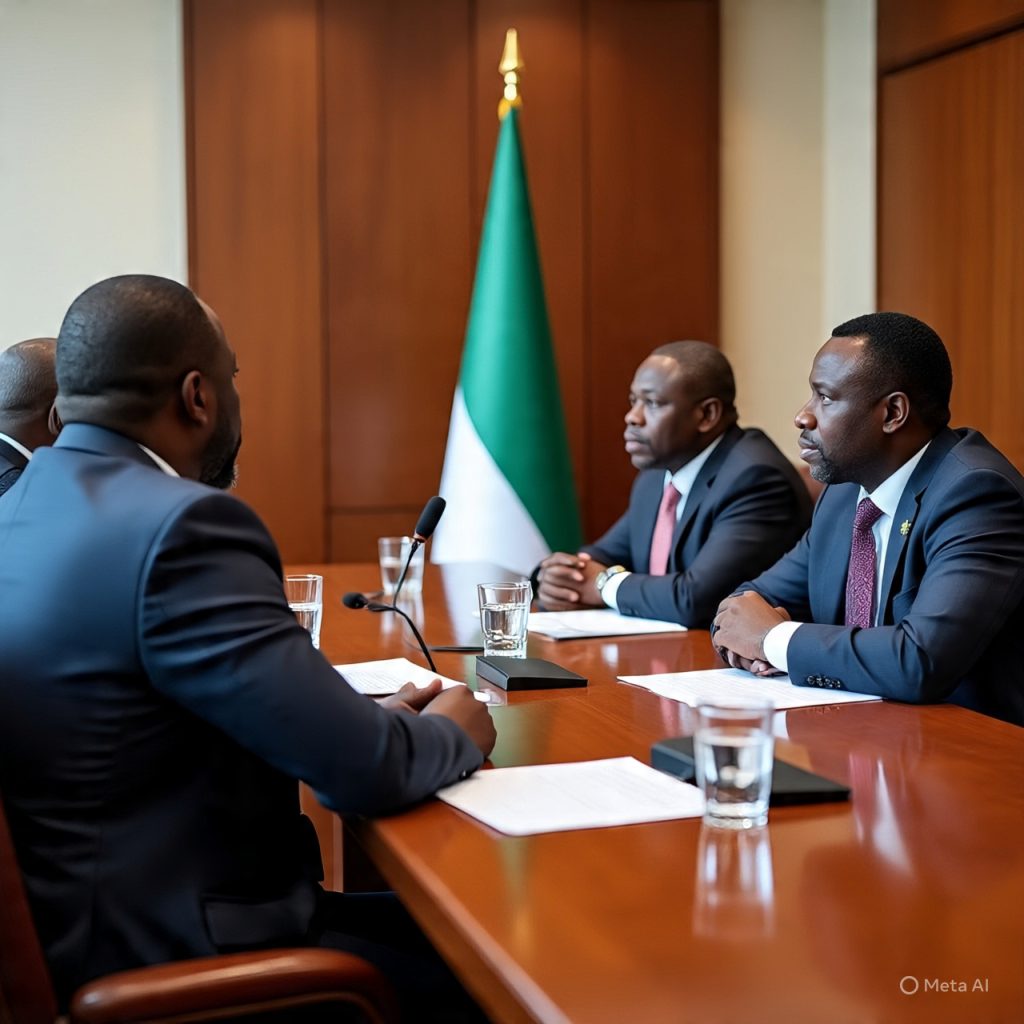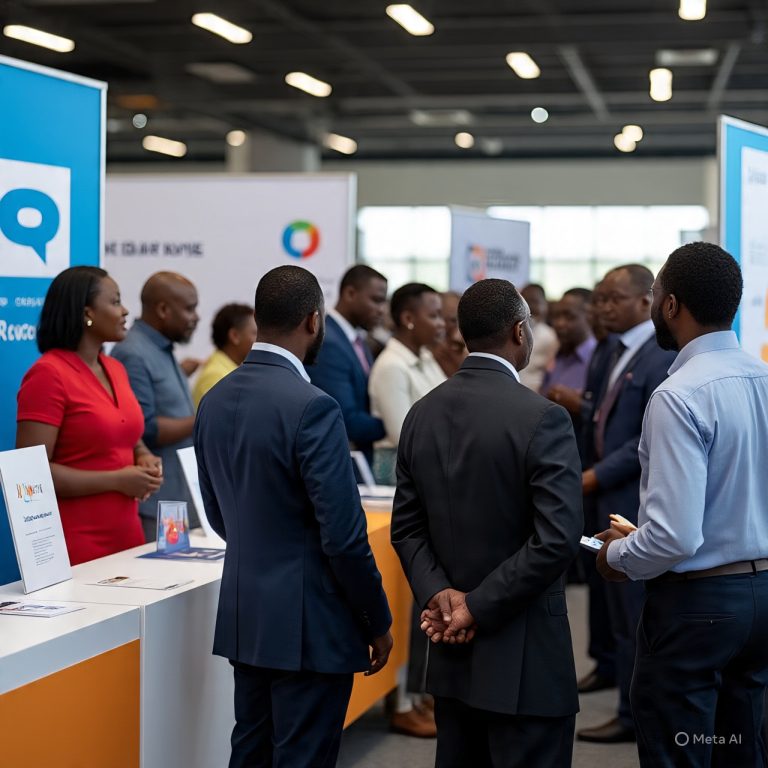In 2025, the Nigerian government has proposed a new national minimum wage, and both employers and job seekers are paying close attention.
Whether you’re running a business or searching for a job, this change could affect your salary plans, hiring decisions, or career goals. Let’s break it down in simple terms.
1. What Is the Proposed New Minimum Wage?
The current federal minimum wage is ₦30,000 per month, but there have been talks to increase it to somewhere between ₦60,000 and ₦80,000, depending on agreements between labor unions and the government.
Nothing has been finalized yet, but expectations are high.
2. Why Is It Being Reviewed?
Rising inflation and cost of living have made the old wage too low for many workers. Basic needs like food, transportation, and housing are now more expensive.
The goal of the review is to:
-
Help workers afford daily living
-
Reduce income inequality
-
Improve workplace satisfaction and productivity
3. What This Means for Employers
If the new minimum wage becomes law, employers—especially SMEs—will need to adjust:
💰 Budget planning will become tighter
📈 Prices of goods or services might be affected
🧾 Payroll systems must be updated
To stay compliant, businesses may need to:
-
Restructure roles
-
Automate some low-skill tasks
-
Focus more on performance-based rewards
4. What This Means for Job Seekers
For workers, a higher minimum wage could mean:
✅ Better starting pay, especially for entry-level or unskilled jobs
✅ More competition as more people apply for jobs with higher pay
✅ A need to prove value to employers to justify increased wages
If you’re applying for jobs, now is a good time to:
-
Upskill and improve your CV
-
Be ready to explain how you can help an employer grow, not just what you want to earn
5. What Happens Next?
The decision is still in progress. Until it becomes law:
-
The current minimum wage of ₦30,000 is still active
-
Some states may choose to pay more voluntarily
-
Private companies can still offer higher wages if they choose
The proposed minimum wage update is a big step for Nigeria’s workforce. It’s important to stay informed, plan ahead, and be ready for change—whether you’re hiring or applying.







